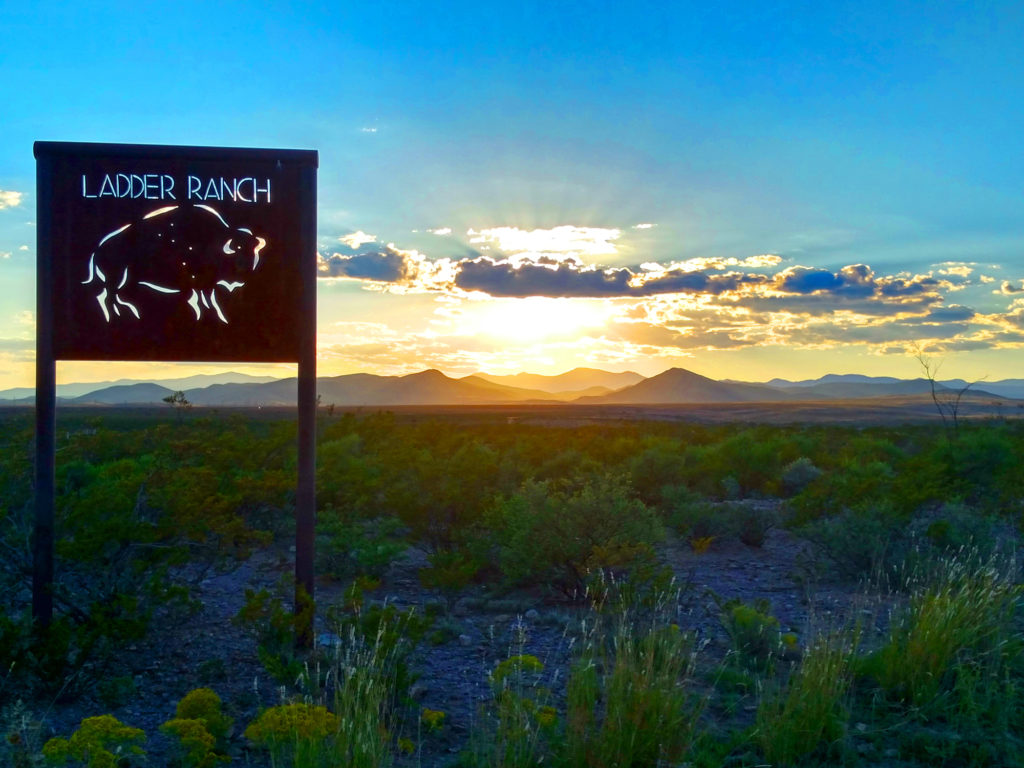I was shocked when I found out the travel industry generates nearly 10 percent of the world’s GDP and rising each year. People are travelling and travelling more often. Tourism employs 1 of every 11 people in the world.
Along with economic impact, travel presents opportunities for growth, learning and the exchange of ideas. Travel and tourism are critical in maintaining our economy and this is especially true in developing countries. On global and local levels tourism is essential for sustainable development. As a result, the travel industry has become a sector where you can see shining examples of environmentally-conscious principles put into action that protect the planet and lift up the world’s peoples.
What is sustainable tourism? As defined by the United Nations, it is that which takes full account of its current and future economic, social and environmental impacts, addressing the needs of visitors, the industry, the environment and host communities.
The UN has declared 2017 as the International Year of Sustainable Tourism. According to the Secretary-General of the World Travel Organization, Taleb Rifai, this is “a unique opportunity to advance the contribution of the tourism sector to the three pillars of sustainability—economic, social and environmental, while raising awareness of the true dimensions of a sector which is often undervalued.”
Tourism is directly associated with three of the 17 UN’s 2030 Sustainable Development Goals:
Goal 8: Promote sustained, inclusive and sustainable economic growth, full and productive employment and decent work for all.
Goal 12: Ensure sustainable consumption and production patterns.
Goal 14: Conserve and sustainably use the oceans, seas and marine resources for sustainable development.
We have to alleviate poverty and provide people with basic healthcare, food to eat and fresh water. However, this becomes impossible if we continue to erode the natural systems that support all life. Thankfully, nature travel and learning about cultural heritage are among the world’s fastest growing tourism sectors. In order to save the rhinos, elephants and tigers you have to help those that depend on the same land and resources. Tourism focused on wildlife ensures those animals become more valuable alive than dead. Fortunately, adventure tourism, which is focused on nature, wildlife and cultural experiences, has grown 65 percent year over year since 2009. Soon it will surpass $300 billion in annual revenues, reports George Washington University in their annual Adventure Tourism Market Report.
According to Booking.com‘s 2015 survey of more than 32,000 global travelers in 16 countries, 52 percent of adult travelers said they are more likely to choose travel based on destinations that reduce environmental impact or ensure that tourism has a positive impact on the local community. And Americans (53 percent) are among the world’s top sustainable-minded travelers. With this sharply growing trend hospitality and travel companies that do not keep up with sustainable travel will lose out.
Since 2014, I have been participating as a judge for National Geographic’s World Legacy Awards, which honors companies, organizations and destinations-ranging from airlines to hotels, from communities to countries driving the positive transformation of the tourism industry, showcasing leaders and visionaries in sustainable tourism best practices. Costas Christ, chairman of the awards, is credited with defining the term ecotourism which has now been standardized globally by the UN. Costas also serves as the director of sustainability for Virtuoso and moderated a panel I was on this year at the Virtuoso Travel Week conference. Virtuoso Travel Week is an intense five days where preferred luxury travel agents and providers come together to do hundreds of millions of dollars of business, as well as recognize industry leaders in sustainable tourism as the market continues to become more aware of the need to drive a sustainable strategy. It’s about the triple bottom line—people, profit and planet.
Clik here to view.

You can stay at Ted Turner’s formerly private residence on endless acres of pristine nature at Ladder Ranch with Ted Turner Expeditions.
Land and biodiversity conservation is one of my family’s most beloved passions. My father launched Ted Turner Expeditions (TTX) in 2015 with three properties in New Mexico. My father, a well known leader in conservation, has worked to restore the overgrazed habitat of these grand ranches to their former pre-cattle glory. Having a passion for bison since his childhood, dad has made sure this iconic species is an important part of the restoration. There has also been a commitment to preserving and enhancing biodiversity.
Through the work of the Turner Endangered Species Fund biologists and other partner organizations have been working to increase the numbers of imperiled and endangered species, among them the Mexican Gray Wolf, Bolson Tortoise and Chiricahua Leopard Frog. Visitors can stay on one of a number of properties, including some of my father’s formerly-private residences and immerse themselves in an incredible American landscape that has been dubbed by some as the American Serengeti. As visitors enjoy the beauty of these natural landscapes they are also becoming more aware of the importance of conserving the land and species for many generations to come. Two TTX ranches, the Armendaris Ranch and Ladder Ranch, are located in one of two of the most critically important biodiversity hotspots in North America. With TTX, my father has created a model for other private land and business owners that you can manage these landscapes for profit and conservation and the two are not mutually exclusive.
Clik here to view.

With my family as we explore Iceland and their green energy economy.
As you begin to plan your 2017 vacation, consider destinations and accommodations that employ environmentally sustainable best practices. You can not imagine how much good your visit can do for the local people and animals. My favorite trips have been transformative experiences in nature, topping the list are the Arctic circle, the Amazon river basin and the Galapagos. I always come away restored and more committed than ever to work to make sure these special places are available for our children and future generations. On my bucket list are the Antarctic, the awe-inspiring Sandhill crane migration along Nebraska’s Platte River and central Mexico to see the wintering grounds of the imperiled Monarch butterflies.
Here are 10 of the best ecolodges, according to National Geographic:
1. South Africa: Bushmans Kloof Wilderness Reserve
2. Indonesia: Misool Eco Resort
3. Peru: Inkaterra Reserva Amazónica
4. Australia: Great Ocean Ecolodge
5. Greece: Milia Mountain Retreat
6. Nicaragua: Jicaro Island Ecolodge
7. China: Yangshuo Mountain Retreat
8. Sri Lanka: Jetwing Vil Uyana
9. Poland: Eco-Frontiers Ranch
10. Namibia: Damaraland Camp